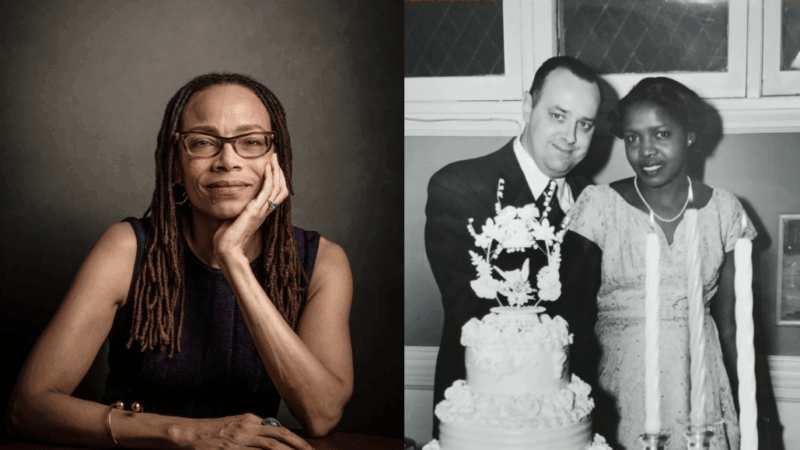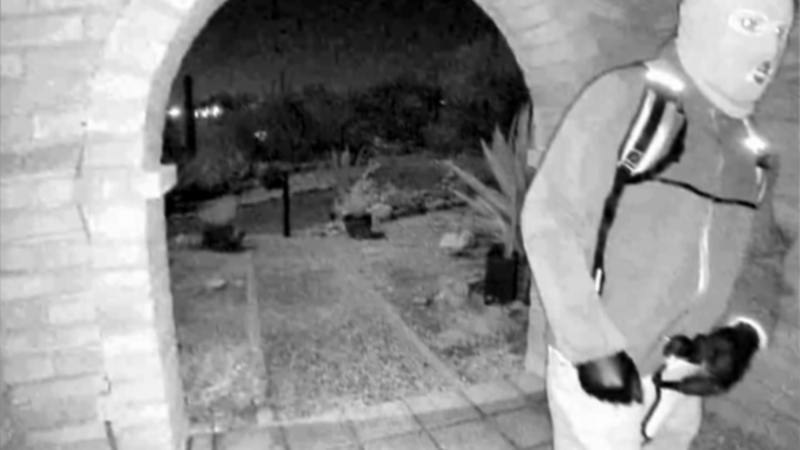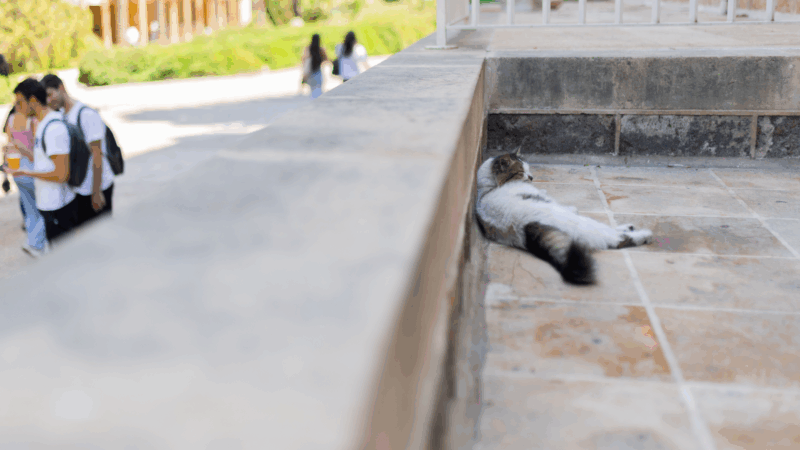Supreme Court leans toward parents who object to LGBTQ books in public schools
The conservative Supreme Court majority seemed more than ready Tuesday to tell public school districts that they must allow parents to pull their kids out of certain classes because the course material conflicts with the parents’ religious views.
At the center of the case is the school system in Montgomery County, Md., the most religiously diverse county in the U.S., with 160,000 students of almost all faiths. Beginning a few years ago, the county, which includes a substantial number of gay and lesbian parents, adopted a curriculum for elementary school students. It was aimed at promoting respect for LGBTQ+ parents and their children by including story books with gay and lesbian characters.
Some parents, however, objected and asked to opt their children out of elementary school classes where the books were included in the curriculum. The schools initially tried an opt-out plan, but found it was a logistical nightmare.
The religious parents then sued the school board. They asserted that by exposing their children to ideas that conflict with the parents’ faith, and thus forcing them to withdraw their children from public school, the board was violating the Constitution’s guarantee to the free exercise of religion.
The school board won in the lower courts but at the Supreme Court Tuesday, the board got little love from the court’s six conservative justices.
Leading the charge for the religious parents was lawyer Eric Baxter, who got a grilling from the court’s three liberal justices. Justice Sonia Sotomayor pointed to one of the books that is objectionable to some parents, a book called Uncle Bobby’s Wedding about a girl who goes to her uncle’s same-sex wedding.
Sotomayor pressed Baxter on his argument. “So what you’re saying is that the exposure of children to the fact that two people of the same sex are getting married is coercion?” she asked.
Baxter’s answer was essentially: Yes.
That prompted conservative Justice Samuel Alito to observe that the book has a clear moral message “that a lot of people who hold on to traditional religious beliefs don’t agree with.”
Liberal justice Elena Kagan followed up, asking what rule the court should adopt. Is it your position, Kagan asked, that any time a student confronts something their parents disagree with, they can opt out of a class?
Baxter repeatedly declined to say where he would draw the line, prompting Kagan to ask whether “this is a rule that applies as well to a 16-year-old in biology… [if] the parents say, ‘I don’t want my child to be there for the classes on evolution or on other biological matters which conflict with my religion?'”
Sotomayor said that she has a whole list of items that conflict with some people’s religious views, including “biographical material about women who have been recognized for achievements outside of their home… divorce, interfaith marriage, or immodest dress.”
Indeed, that kind of a rule, interjected Kagan, would allow “opt-outs for everyone.”
Justice Amy Coney Barrett pressed Baxter on his failure to draw any line. At what point, she asked, is the school district imposing a burden on religious parents? Is it the mere exposure to ideas or something more?
And Justice Ketanji Brown Jackson asked whether parents should be free to opt their kids out of a class if a gay teacher keeps his wedding photo on his desk.
Representing the school board, lawyer Alan Schoenfeld fielded relentless questioning from the court’s conservatives.
Justices Alito, Brett Kavanaugh and Neil Gorsuch were the most vociferous.
Justice Kavanaugh noted that he had been raised in Montgomery County, and though he didn’t go to public schools, he pressed lawyer Schoenfeld as to why opt-outs are not feasible. Schoenfeld said that elementary school classrooms are not like a health and sexuality classes, where state law allows a student to opt out from the whole class. In contrast, in grade school, students operate very differently, he said. They can pull books from the shelves, and read them to each other, or ask the teacher about the book.
“It’s mayhem,” said Schoenfeld in a moment of candor. “And the ability of teachers to manage the line between what is curriculum content coming directly from the teacher and coming indirectly from the sort of socialization in the classroom, I think, is very hard to draw.”
Justice Alito was not satisfied, repeatedly asking Schoenfeld what his answer is to the concerns of the religious parents. “Basically,” said Alito, “your answer is: ‘It’s just too bad.'”
“My answer,” replied Schoenfeld, “is that… the school board here is democratically elected. The entire process of adopting this curriculum is open and transparent.”
A decision in the case is expected by summer.
Pakistan-Afghanistan border closures paralyze trade along a key route
Trucks have been stuck at the closed border since October. Both countries are facing economic losses with no end in sight. The Taliban also banned all Pakistani pharmaceutical imports to Afghanistan.
Malinowski concedes to Mejia in Democratic House special primary in New Jersey
With the race still too close to call, former congressman Tom Malinowski conceded to challenger Analilia Mejia in a Democratic primary to replace the seat vacated by New Jersey Gov. Mikie Sherrill.
A daughter reexamines her own family story in ‘The Mixed Marriage Project’
Dorothy Roberts' parents, a white anthropologist and a Black woman from Jamaica, spent years interviewing interracial couples in Chicago. Her memoir draws from their records.
FBI release photos and video of potential suspect in Guthrie disappearance
An armed, masked subject was caught on Nancy Guthrie's front doorbell camera one the morning she disappeared.
Reporter’s notebook: A Dutch speedskater and a U.S. influencer walk into a bar …
NPR's Rachel Treisman took a pause from watching figure skaters break records to see speed skaters break records. Plus, the surreal experience of watching backflip artist Ilia Malinin.
In Beirut, Lebanon’s cats of war find peace on university campus
The American University of Beirut has long been a haven for cats abandoned in times if war or crisis, but in recent years the feline population has grown dramatically.






